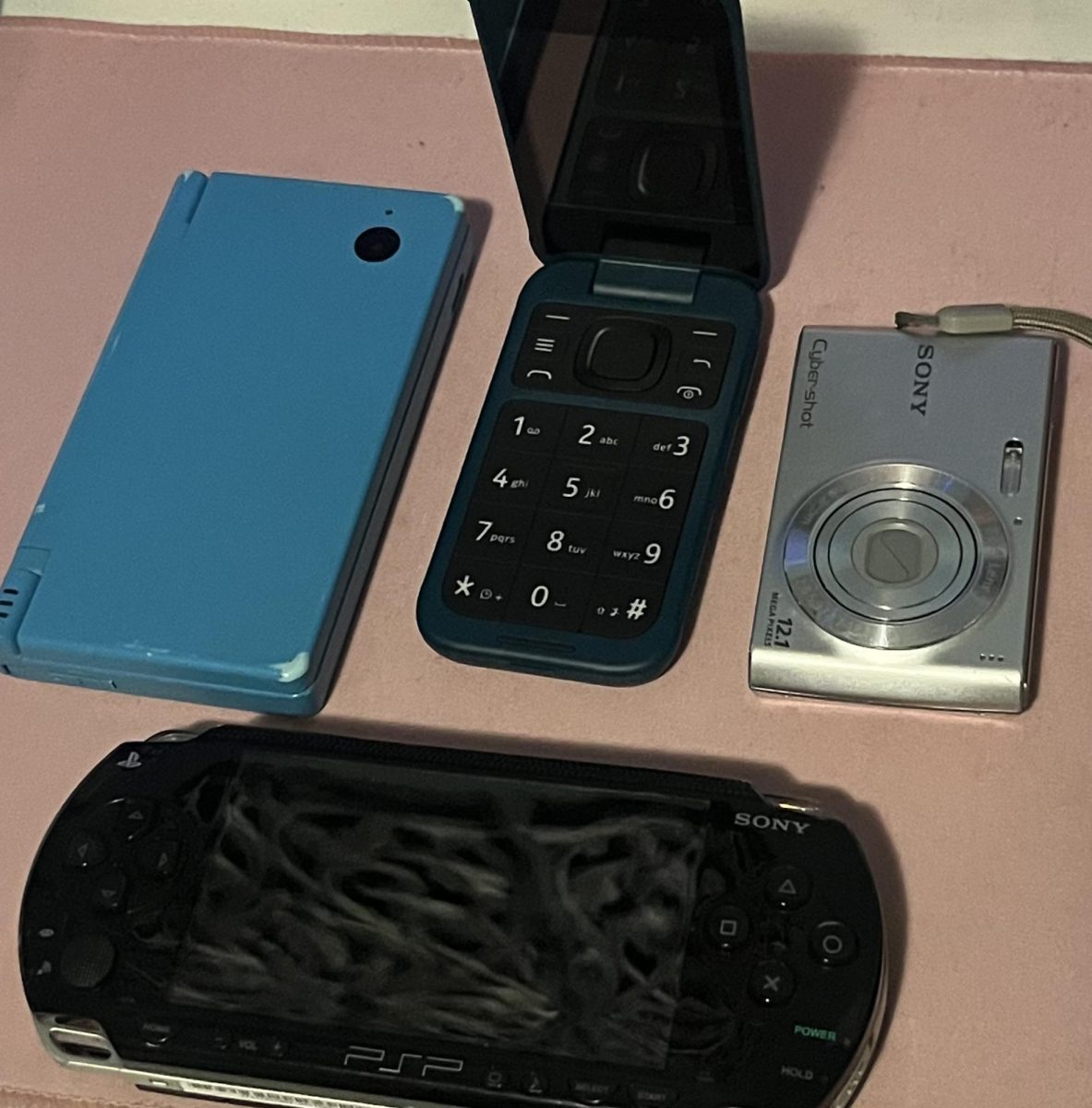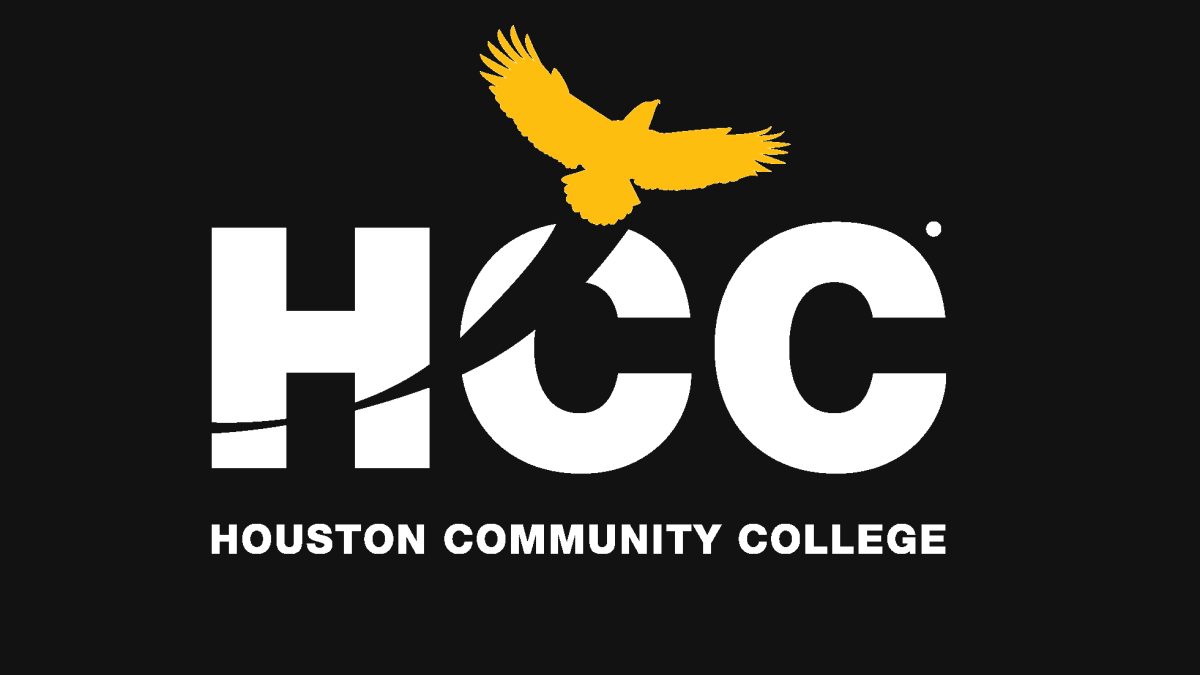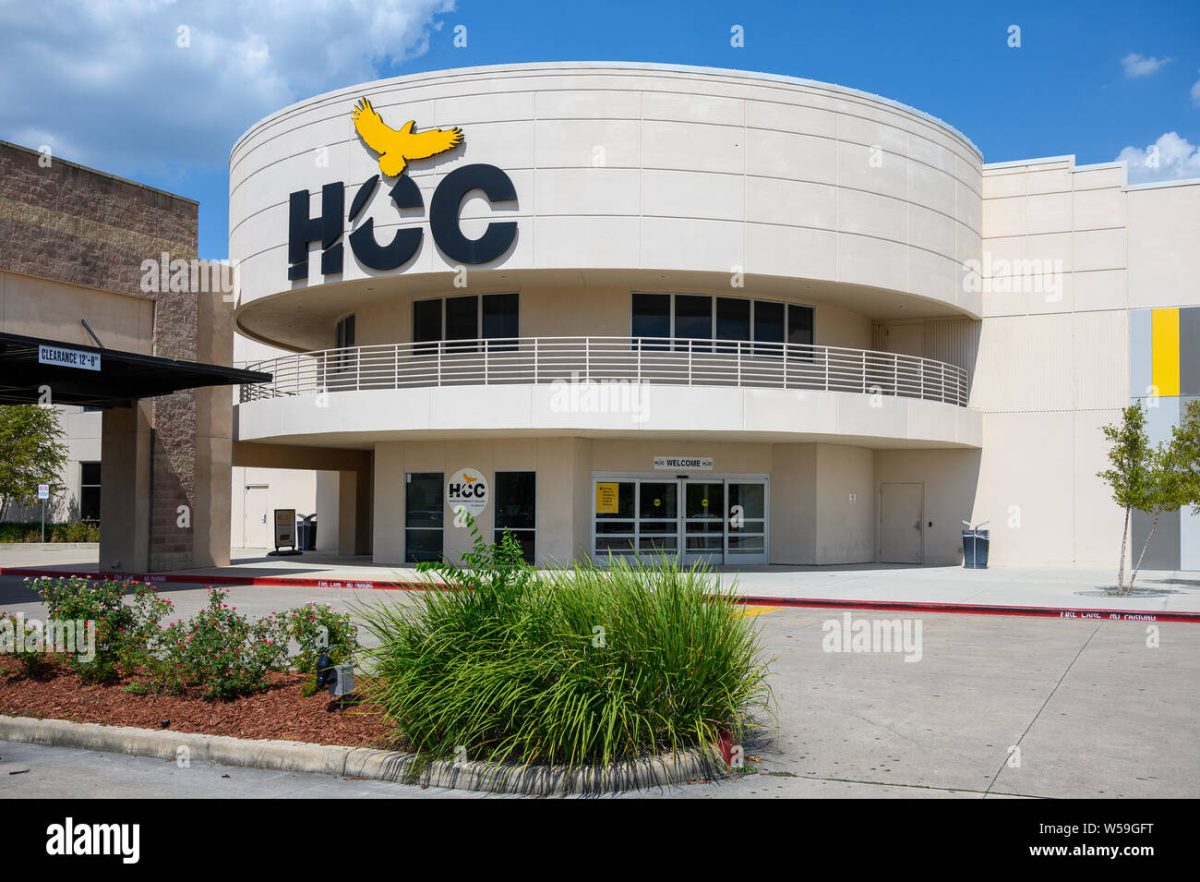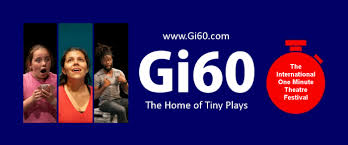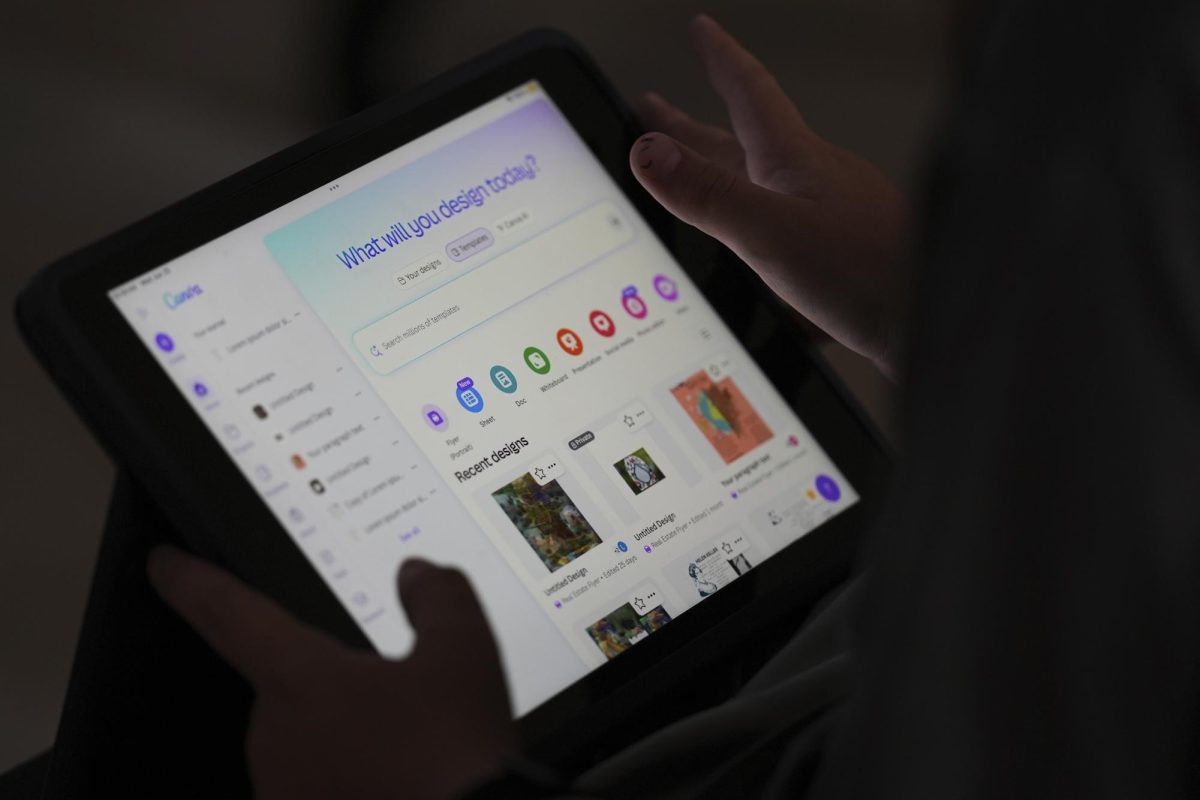The Effects of Information Overload
June 27, 2020
Humanity is on the brink of a new technological era where our information superhighway is the vehicle. With the invention of the internet, social media, and smartphones, the world as we know it is connected more than ever before. If we want to video chat with our friends, research the history of quantum psychics, or learn how to build a car, yes- build a car, with the right motivation and dedication the possibilities of potential are endless.
Why is this so? Books have given us this same luxury of knowledge for centuries. They have provided us with the ability to reach beyond our physical beings and dive into history, myths, fantasy, and folklore. So, what is so different now with technology that entices humanity in wanting to do and know more and more and more?
The answer is simple, “information overload”. The definition, however, is the problem. By definition, information overload is a state in which a decision maker faces a set of comprising the accumulation of individual informational cues of differing size and complexity that inhibit the decision maker’s ability to optimally determine the best possible decision.” (Wikipedia.com) In other words, too many options and decisions has created a need for more options and decisions, to alleviate the stress of having to choose from limited options.
Humans are stuck in a revolving door of options. “Choice paralysis” to be exact. This term was coined by psychologist Barry Schwartz. According to an online article by the Hedges Company, “In this Schwartz’ TED Talk, he cites research that when people are given more options for their 401K account, they actually put off the decision rather than making it. Retailers know well that having too many choices makes buyers less likely to purchase. Complexity leads to indecision, leads to stagnation.” (https://www.thehedgescompany.com/)
With technology growing, our connection as humanity deepens, and or curiosity grows. The demand for and surprising poverty of too many choices is stifling our growth in ways we would have never imagined. According to ClinicalCorrections.org, “information overload” can also negatively impact decision-making. Some studies suggest that presenting patients with too much information can actually lead to worse decisions.” (www.clinicalcorrections.org)
So as we fight for justice, stay up to date on our safety and health, and even try to make business decision in this time, we must remember to always take a mental break from the information we are being given through television, the internet, our smartphones, and most importantly what we discuss with our loved ones. Taking time to regroup is not only helpful in making clear and concise decisions, it’s an action of self-love!



